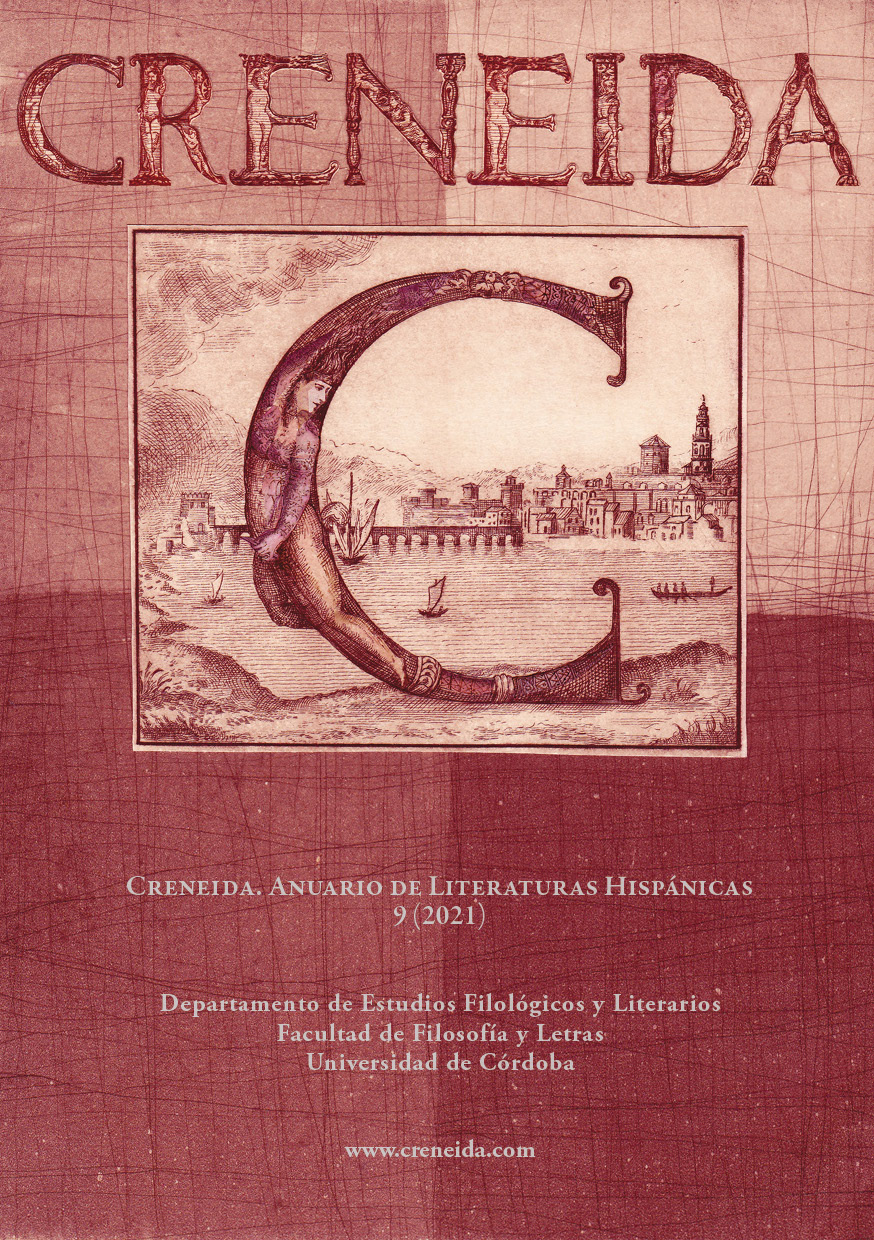Lorca's relics. Positivist fetishism and hermeneutic misrepresentation
Main Article Content
Abstract
The search of Federico García Lorca’s bodily remains has necessarily reopened a debate over the poet’s cultural significance. The testimonial compulsion shown by many of the instigators of this search is largely rooted in an ideological unconscious marked by a factual positivism that is characteristically phenomenological, with phenomenology misconstrued as an immediate collusion between the ideal and the empirical, between Lorca as idealized symbol of Spain or the Republic and his body as the “thing” that brings about collective salvation. Through a strategy of cumulative distancings, the present article seeks to set up arguments against the convenience of bringing such unconscious back to life. I argue too in favor of the suitability of a return to the poet’s body of writing, yet a return untouched by what Husserl called “naiven Positivität”.
Downloads
Publication Facts
Reviewer profiles N/A
Author statements
- Academic society
- Creneida. Anuario de Literaturas Hispánicas
Article Details

This work is licensed under a Creative Commons Attribution-NonCommercial-NoDerivatives 4.0 International License.
Avisos de derechos de autor propuestos por Creative Commons
1. Política propuesta para revistas que ofrecen acceso abierto
Aquellos autores/as que tengan publicaciones con esta revista, aceptan los términos siguientes:- Los autores/as conservarán sus derechos de autor y garantizarán a la revista el derecho de primera publicación de su obra, el cuál estará simultáneamente sujeto a la Licencia de reconocimiento de Creative Commons que permite a terceros compartir la obra siempre que se indique su autor y su primera publicación esta revista.
- Los autores/as podrán adoptar otros acuerdos de licencia no exclusiva de distribución de la versión de la obra publicada (p. ej.: depositarla en un archivo telemático institucional o publicarla en un volumen monográfico) siempre que se indique la publicación inicial en esta revista.
- Se permite y recomienda a los autores/as difundir su obra a través de Internet (p. ej.: en archivos telemáticos institucionales o en su página web) antes y durante el proceso de envío, lo cual puede producir intercambios interesantes y aumentar las citas de la obra publicada. (Véase El efecto del acceso abierto).





